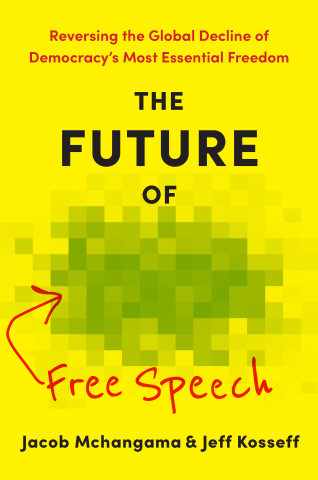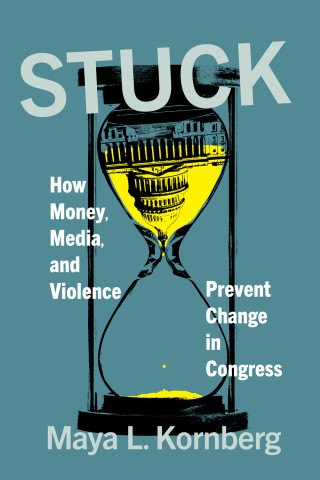
Reviews
A solid assessment recommended for military and political science holdings alike.
Arturo Sotomayor's new book does something simple, original, and very important in peacekeeping scholarship. Instead of examining what peacekeepers do or do not do in the field, and whether or not they are successful, Sotomayor looks through the other end of the telescope, to examine the countries that contribute those peacekeepers to UN missions... Sotomayor's book has set the nascent subfield of peacekeeper contributor studies on a firm and intellectually rigorous footing. His book is to be highly commended to anyone interested in the changing dynamics of global militarism, the international use of force, and the unintended consequences and paradoxes of liberal internationalism.
With its different focus, [The Myth of the Democratic Peacekeeper] is a welcome addition to the literature, and its conclusions should give pause for thought.
A careful, systematic, and ultimately persuasive critique... Ultimately, Sotomayor does just as much to expose the quandary of peacekeeping as he does to highlight the contingent effects of peacekeeping.
The argument and evidence in The Myth of the Democratic Peacekeeper significantly advances understanding of the effects of participation in peacekeeping on civil-military relations in sending countries... This book represents a significant contribution to a growing strand of literature... The insights in The Myth of the Democratic Peacekeeper should inspire further scholarly work in this important area.
United Nations Peacekeeping Operations were long thought to have a uniform, salutary effect on participating soldiers from democratizing states. Sotomayor’s penetrating, comparative study of Argentina, Uruguay and Brazil reveals instead how peacekeeping may simply reinforce customary practices, to the detriment of military professionalization and civil-military relations back home. This myth-shattering book will be the standard reference on Latin American peacekeepers for years to come.
The Myth of the Democratic Peacekeeper carefully assesses one of the fondest hopes of UN peacekeeping: that the peacekeepers, once they return home, will bring with them the rule of law, democratic values, and the civil-military integration they sought to implement in the peacekeeping operation. Sotomayor's well-researched case studies of the peacekeepers from Argentina, Brazil, and Uruguay demonstrate that such hopes were and still are exaggerated. Peacekeeping leaves a civilianizing legacy, but not one as deep as the optimists hoped.
Finally, a book that effectively unpacks the black box of peacekeeping missions to explain how they impact the militaries that participate in them. Focusing on the major peacekeeping contributors from Latin America, Sotomayor challenges the assertion that participation in peacekeeping is always a good way to enhance military professionalism and civilian control of the military. His extensive participant-observation and interview work provide an empirically rich and nuanced portrait with important implications for achieving military reform in post-authoritarian democracies. A must-read, both for scholars who study the armed forces and for practitioners who see participation in peacekeeping missions of any stripe as a solution to the challenges of military reform.
Book Details
List of Figures and Tables
Acknowledgments
List of Abbreviations and Acronyms
Introduction: Myths and Realities of Peacekeepers in Democratic Transition
1. Why Do Democratizing States Participate in
List of Figures and Tables
Acknowledgments
List of Abbreviations and Acronyms
Introduction: Myths and Realities of Peacekeepers in Democratic Transition
1. Why Do Democratizing States Participate in Peacekeeping?
2. What Is the Evidence from South America?
3. Does Peacekeeping Reform Military Organizations?
4. How Does Peacekeeping Socialize the Military in South America?
5. How Does Peacekeeping Socialize the Military in Haiti?
6. Does Peacekeeping Help Integrate Defense and Foreign Policy?
Conclusion: Theory and Policy Implications of the UN Peacekeeping System's Divergent Effects
Notes
Bibliography
Index






